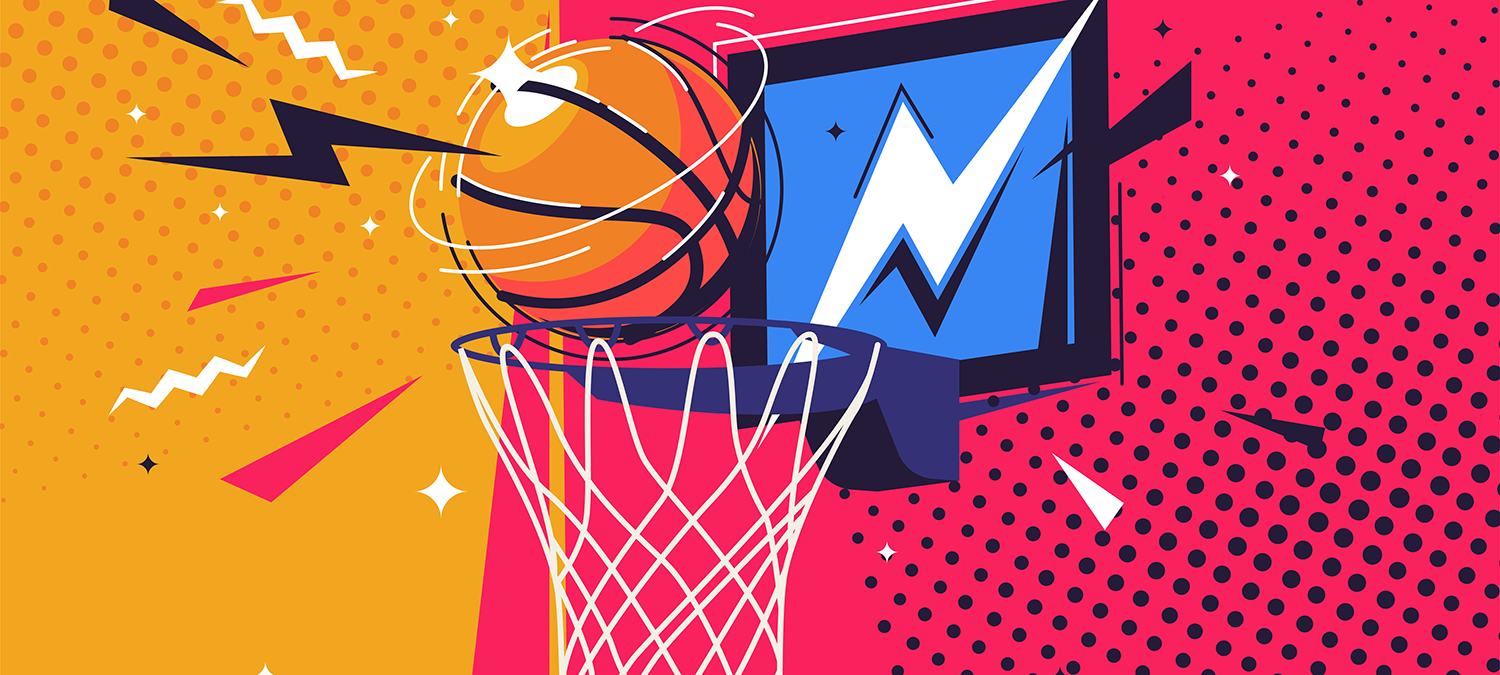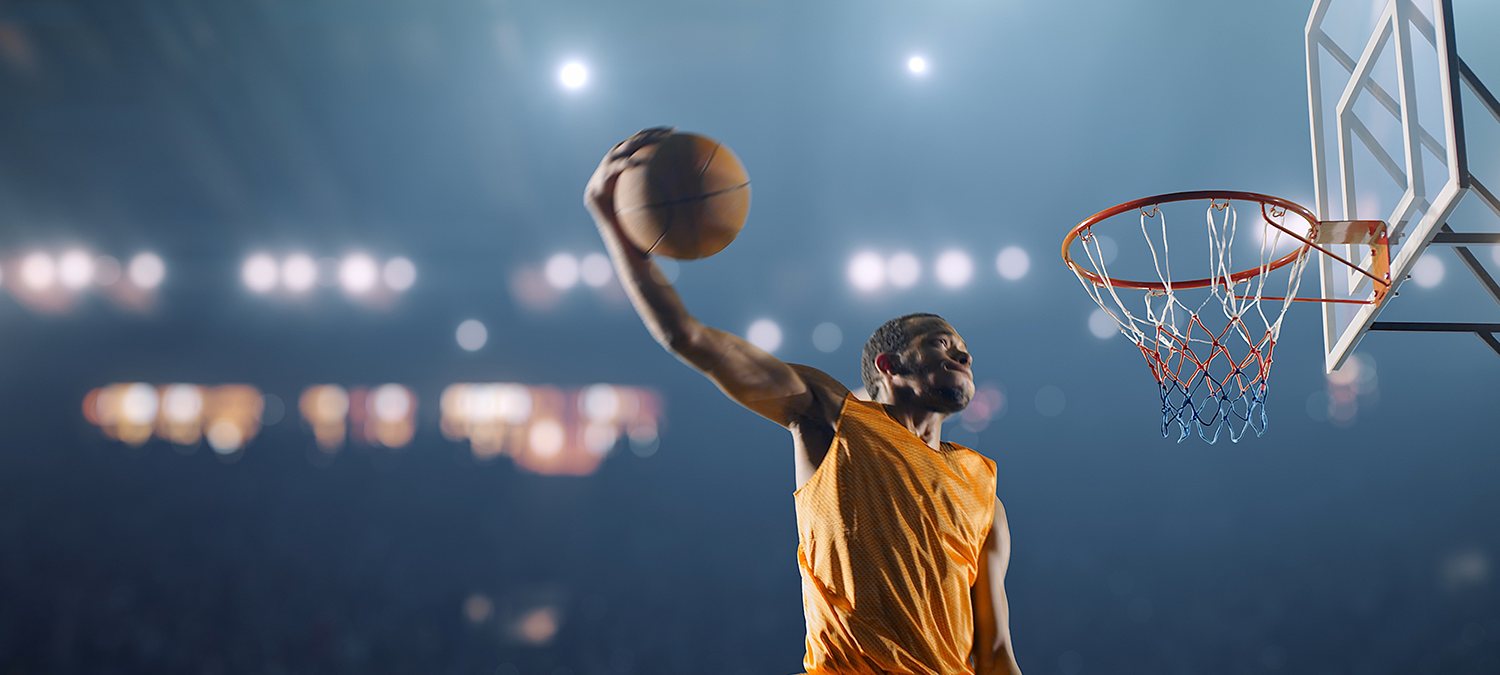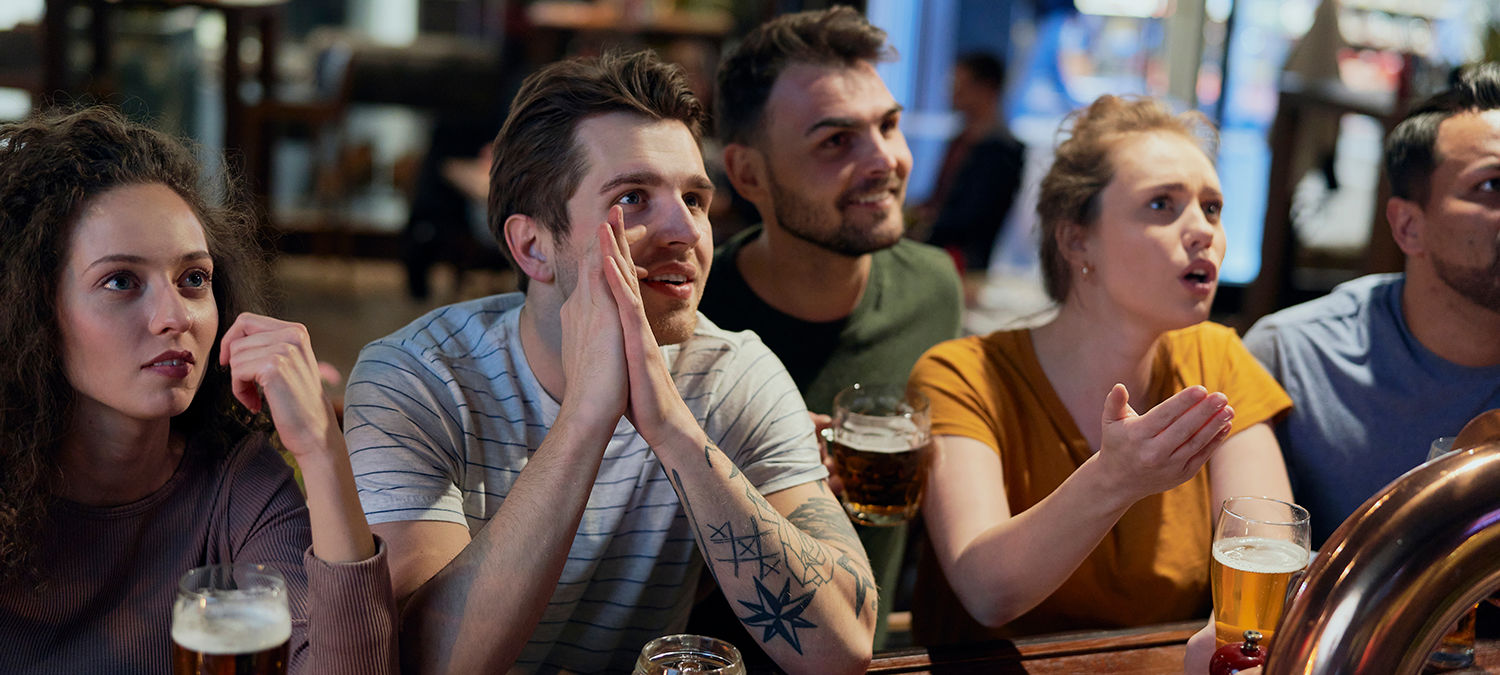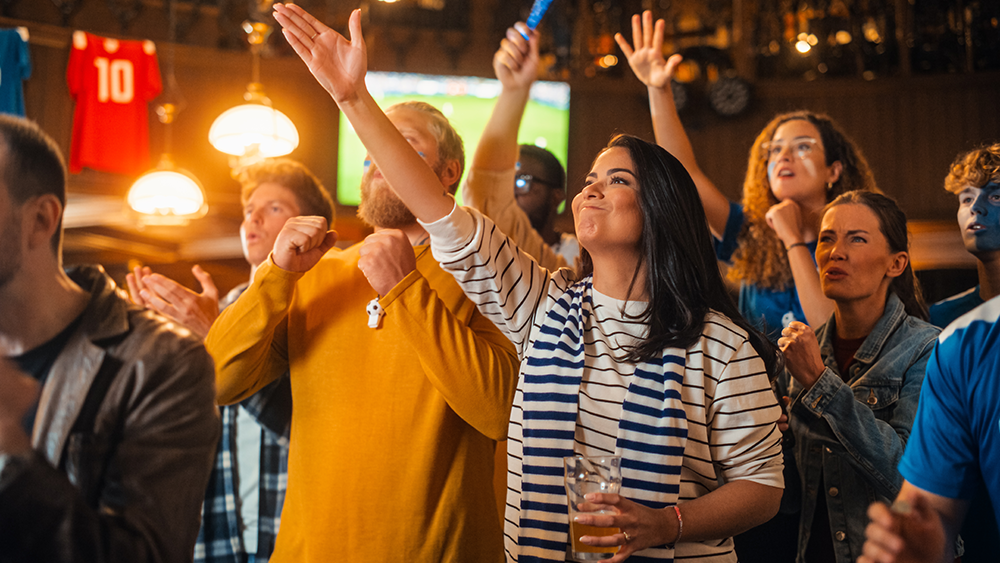The basics of social media marketing is easy. You create some content, load it to your preferred social media platform, hit publish, and let the hits come on in. Right? Right.
Also, not right.
While posting on social media is super easy, building a solid foundation and strategy for that simple task takes a little more effort. It’s also a make or break aspect of your social media efforts. Yet, many sports bars and sports-themed restaurants overlook it or flat out get it wrong, according to Rob Cressy, founder of Bacon Sports.
And they’re getting it wrong because they’re failing to realize who their true competitors are on social media. And spoiler, it’s not other restaurants.
“[Sports bars] are competing with the attention of Buzzfeed, Barstool Sports, Donald Trump, cat videos,” Cressy said during the “All Sports are Social” session of the Football Marketing Bootcamp. “[Operators] aren’t just competing against other sports bars. This is fighting for attention.”
Cressy was joined by Alexandra Kane of Zenreach and David Weinfeld of The Rail Media/SportsTV Guide to go over the three most common social media failures sports bars fall prey to.
Too Promotional
“You go to your Facebook feed on a Sunday and everyone has the same wing offer and same terrible beers on tap,” Kane said. “[Restaurants] just aren’t standing out with their social media.”
That sort of “Look at me!” attitude can be off putting to many restaurant guests and social media followers. Cressy agreed, claiming most sports bar social media accounts are merely megaphones that get restaurants zero engagement.
Instead, sports bars should learn how to talk the language of the sports fan. Sports fans don’t want to talk about a bar’s latest special or drink selection. They want to talk about sports.
It’s best to work off the 80/20 rule. Make 80% of your social media content conversation-worthy, and the remaining 20% can be promoting your new food and drink offers, special events, etc.
Not Enough Engaging Content
 “It’s really important for any sports bar or restaurant to think of themselves as part of a community,” Weinfeld said. And that community is sports fandom. Weinfeld said it’s important for sports bars to “activate on top of content that their guests” and local sports teams are creating.
“It’s really important for any sports bar or restaurant to think of themselves as part of a community,” Weinfeld said. And that community is sports fandom. Weinfeld said it’s important for sports bars to “activate on top of content that their guests” and local sports teams are creating.
Weinfeld suggests sports bars follow their local college and professional teams on Instagram, Twitter and Facebook. Keep a close eye on what those teams are posting and find ways of building off that content to create two-way conversations with your restaurant’s social media fans.
Sports bars should look for opportunities to retweet photos and video from pro-team accounts, or share news stories about their local teams while adding their own commentary to start a dialogue with fans and followers.
In short: Don’t just cater to sports fans. Be a sports fan yourself.
Weinfeld also suggested using some of the native interactive tools that social media platforms provide, things like Twitter’s polling feature and Facebook’s video live streaming.
“There are opportunities to do Facebook Live to let people see inside your venue on a football Sunday or being able to get that excitement going on any given NFL Thursday,” Weinfeld said. “It’s all about building community, activating specific promotions and campaigns, and getting a true conversation going.”
Lack of a Defined Voice
Your social media accounts are the “front-work facing image” of a restaurant’s brand, Cressy said, and it’s imperative that the image is consistent, accurate and polished.
“Every brand has a heartbeat and you need that heart beat to shine because, more often than not, the very first thing people who have never been to your establishment will do is check you out on social media,” he said. “If they go there and the brand voice is garbage, or if you haven’t posted in a week, a month, three months, what in the world are they to expect?”
Kane said restaurant’s online voice should be the same voice as their servers and bartenders use when talking to fans at the bar.
“Your social presence, your Yelp presence; think of that as an extension of your in-house experience,” Kane said.
What Can Sports Bars Do?
While we want you all to avoid pitfalls, but it’s important for sports bars to have some direction on what to do instead. Here’s the boiler plate on what the Football Marketing Bootcamp panel suggests:
- Talk more than just about yourself. It gets dull. Fast. Follow the 80/20 rule and share relevant content to your followers more times than you promote yourself.
- Engage sports fans. The number one reason sports fans go to your bar is for sports. Carry that knowledge over to your social media presence, and what engagement grow.
- Have a consistent personality. What makes your sports bar your sports bar? Personality. Make sure it shines on your social media accounts as much as it does in-person.










Leave A Comment
You must be logged in to post a comment.